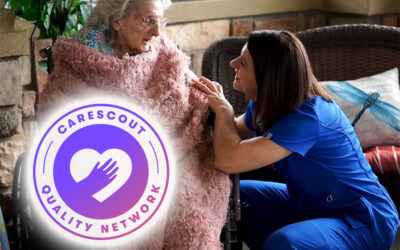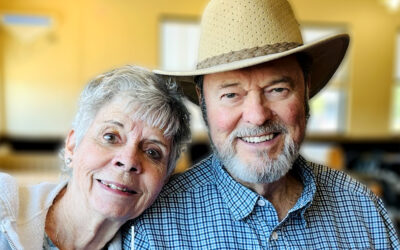Announcing Our Exciting New Partnership with CareScout!
At Footprints Home Care, we are constantly striving to enhance the quality of client-centered care and support we offer to our clients and their families. We are thrilled to announce our new partnership with CareScout, making us the exclusive home care agency provider...
Celebrating Grandparents and the Elderly
Honoring Our Elders: A Day of Reflection and Gratitude On July 28th, we celebrate World Day for Grandparents and the Elderly, a day dedicated to honoring the wisdom, love, and contributions of our seniors. This special day, established by Pope Francis in 2021,...
Reinforcing Our Commitment to Excellent Care
At FootPrints Home Care, we pride ourselves on delivering compassionate, high-quality care that makes a difference in the lives of our clients and their families. One of the most rewarding aspects of our work is hearing directly from those we serve. Positive feedback...
The Importance of Connection
Family is the cornerstone of our lives, providing love, support, and a sense of belonging. As we age, maintaining close connections with family becomes even more vital for our emotional well-being. Regular visits and staying connected can significantly enhance the...
Honoring Independence Day Traditions and Togetherness
As we finish out the last week of June, anticipation for Independence Day builds, bringing thoughts of fireworks, barbecues, and family gatherings. At FootPrints Home Care, we understand the significance of the Fourth of July, not only as a celebration of freedom but...
Staying Cool and Safe this Summer
The summer solstice marks the beginning of the warmest season of the year, bringing longer days and the joy of outdoor activities. However, for many seniors, the heat of summer can present challenges. At FootPrints Home Care, we are committed to ensuring the comfort...








